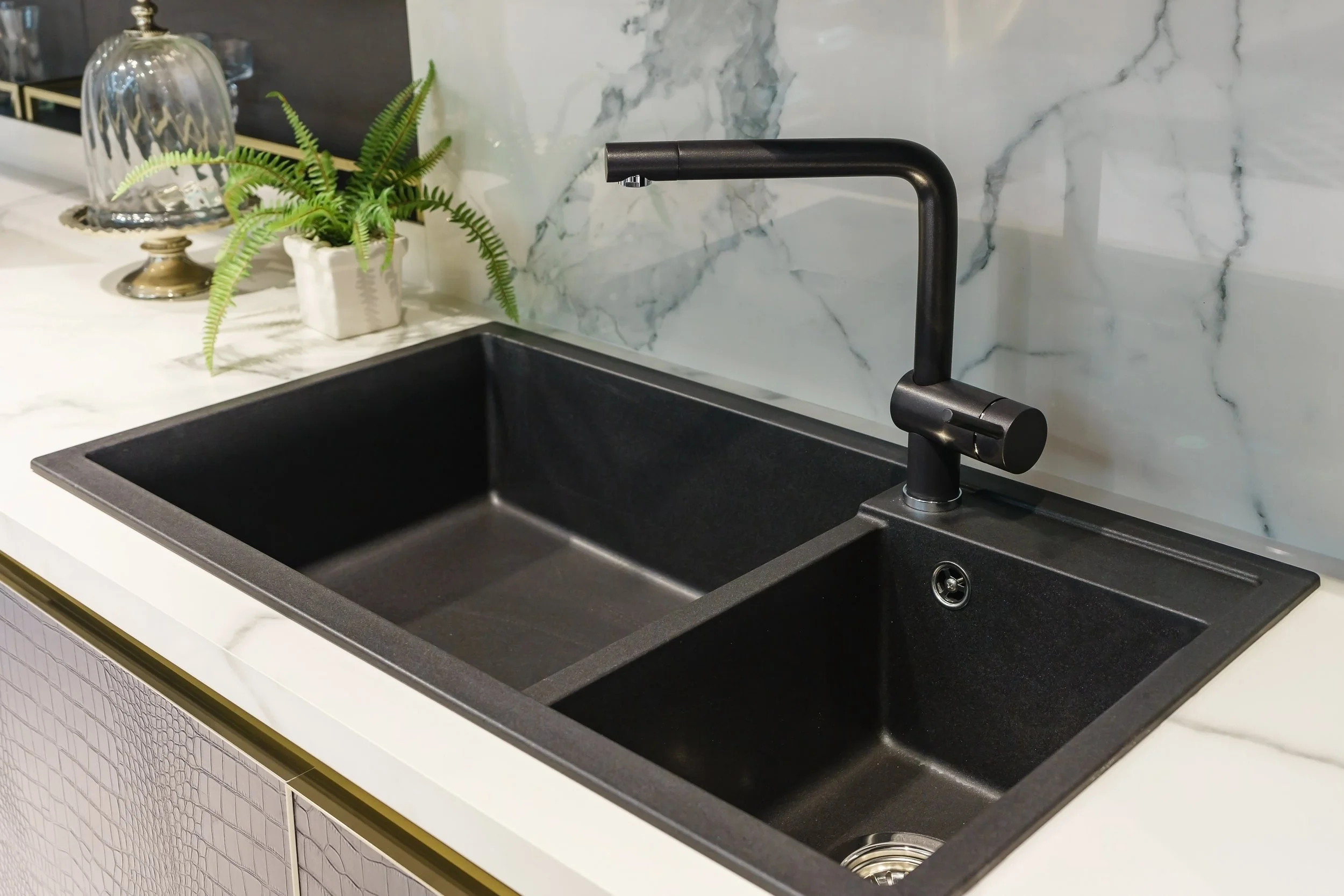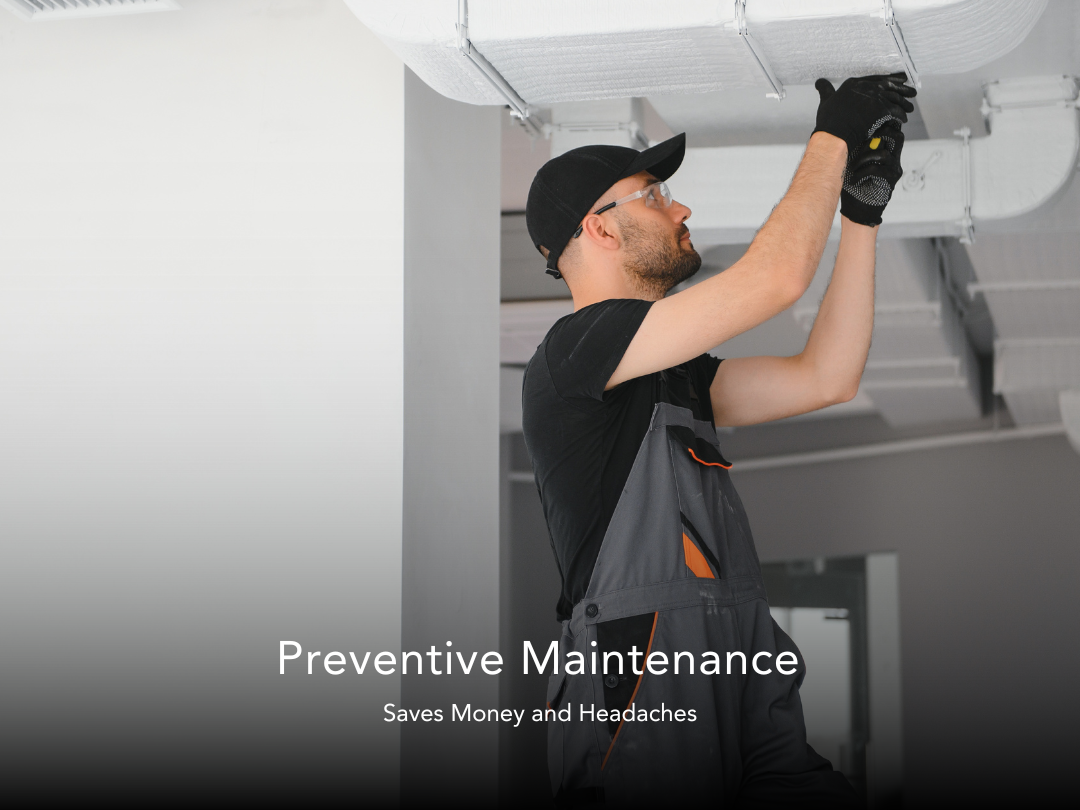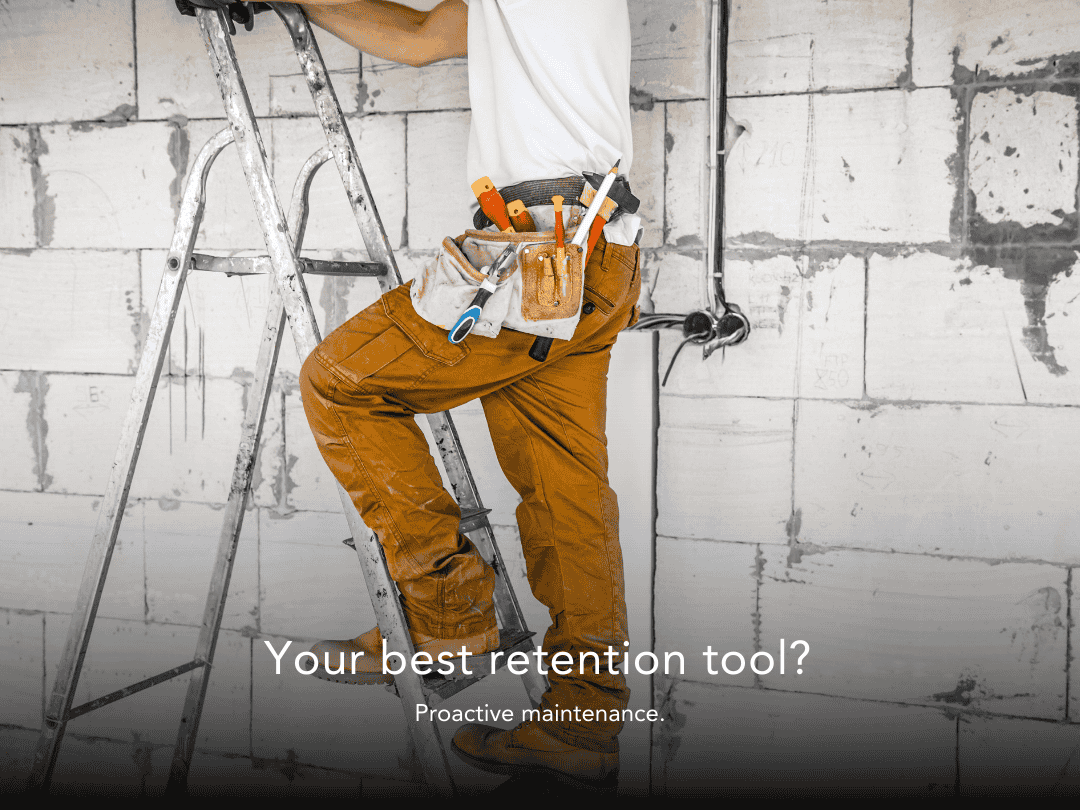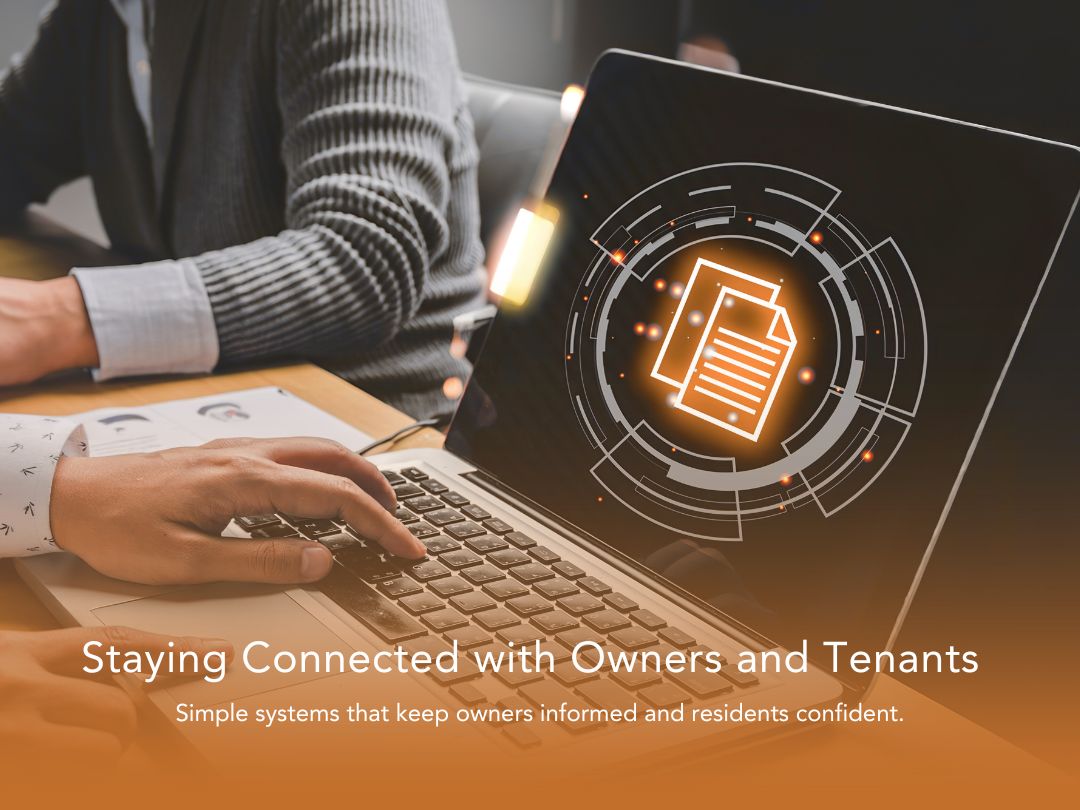Here are the steps to follow:
Turn off the water supply to the faucet by closing the shutoff valves located under the sink.
Detach the pull-down sprayer from the faucet by unscrewing the coupling nut that connects it to the flexible hose. Be sure to hold onto it tightly to prevent it from falling down the drain.
Once the sprayer is removed, locate the aerator at the end of the spray head. It's a small mesh screen that screws onto the end of the spray head.
Use pliers or an adjustable wrench to carefully unscrew the aerator from the spray head. Be sure to hold onto it tightly to prevent it from falling down the drain.
Once the aerator is removed, inspect it for any visible debris or buildup. Use a soft-bristled toothbrush or a small brush to scrub away any dirt or mineral deposits.
Soak the aerator in a bowl of white vinegar for at least 30 minutes to help dissolve any stubborn buildup.
Rinse the aerator thoroughly with water to remove any remaining debris and vinegar.
Reattach the aerator to the spray head by screwing it back on. Be sure to tighten it securely, but not too tightly, to prevent any leaks.
Reattach the sprayer to the flexible hose by screwing the coupling nut back on.
Turn the water supply back on and test the flow of the water. If it's still slow or weak, repeat the cleaning process or consider replacing the aerator.
Cleaning the aerator on a pull-down faucet can help improve the flow of water and prevent clogs. It's recommended to clean the aerator every 3-4 months to ensure optimal performance.
Technology is part of every aspect that touches our everyday lives. There’s no escaping it; we all have mobile phones and computers and a wide range of electronic devices that are pretty intuitive to what we need and want.
Stop surprise repairs with a simple, seasonal plan. Set clear response times, log fixes, and keep small issues from growing and repair budget steady.
When managing rental properties, efficient property maintenance is key to providing a positive experience for landlords and tenants. Timely and effective repairs not only keep the property in top condition and contribute to tenant satisfaction and retention.
Winter brings a predictable dip in renter activity, but it does not have to sink results. Here is how to navigate the season, sharpen marketing, and use incentives wisely.
Communication is the backbone of property management. Owners want clarity on performance and cash flow. Residents want quick answers and visible progress on requests. The right mix of tools and habits turns communication from a pain point into an advantage.
Busy days calm down when the right tools do the heavy lifting. Here’s how our stack speeds leasing, maintenance, payments, and reporting without adding noise.
Property management is an economic engine in Boise. From steady housing supply to vendor jobs and safer, well-kept neighborhoods, the ripple effects touch residents, owners, and local businesses.
The right software won’t run your business for you, but it will clear roadblocks: rent gets paid on time, work orders stop slipping, and your books match reality. Here’s a straightforward way to evaluate options if you manage rentals in Boise and the Treasure Valley.
Dive into the future of property management in Boise, Idaho, and discover how technology is reshaping the industry. Learn how to leverage the latest trends to future-proof your business, improve tenant satisfaction, and stay ahead of the competition.
A year-round approach to pricing, amenities, maintenance, and communication that reduces vacancy and grows resident satisfaction.
Boise’s seasons change—your playbook can stay simple. Prep the property, plan your leasing moves, and communicate clearly with residents. Use this quick guide to keep cash flow steady from winter to fall.
Learn key factors to consider when choosing a property management company, from reputation and communication to legal compliance and technology integration.













